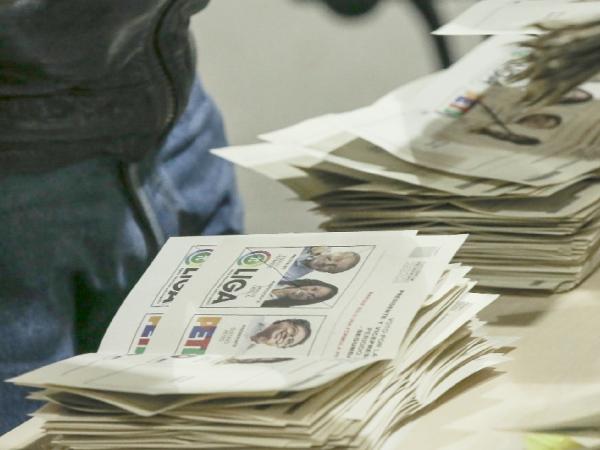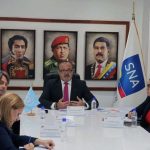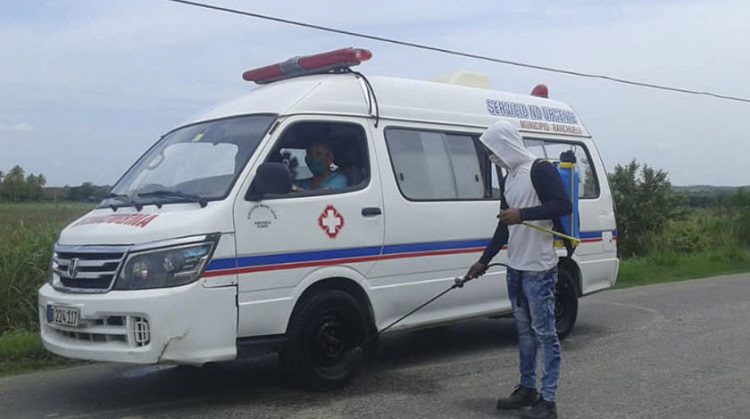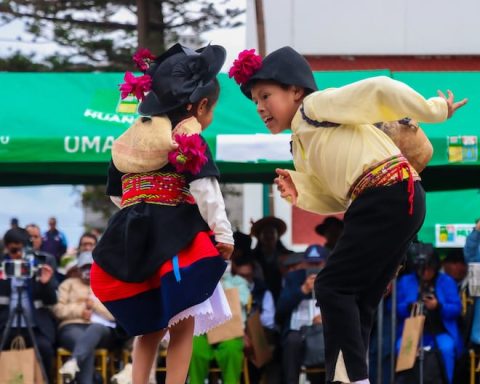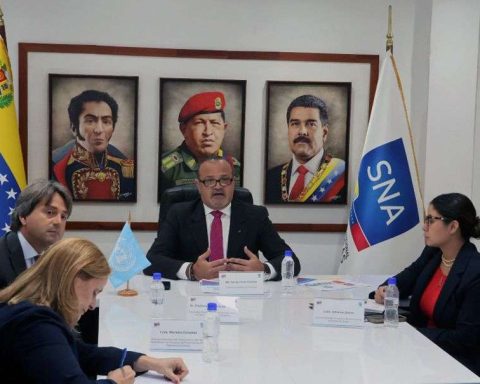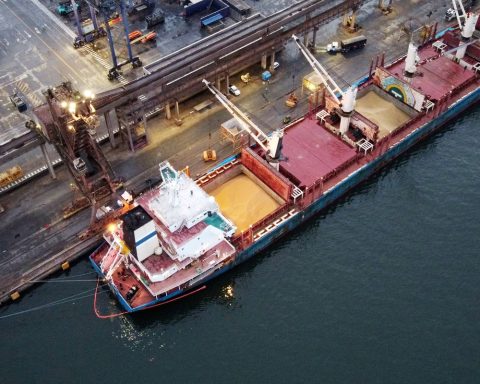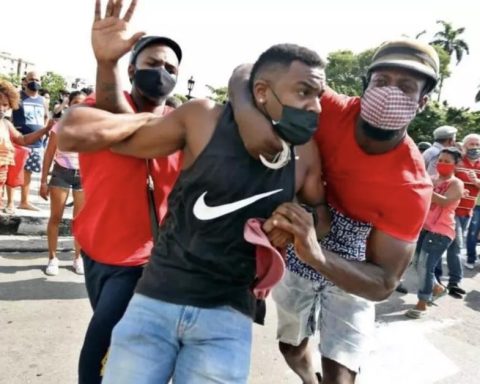In total, the expenses of all the campaigns of the 18 candidates of the electoral processes in search of the Presidency of the Republic (interparty consultations, first round and second round) they added $125,406,747,103 pesos, according to the portal Cuentas Claras, of the National Electoral Council.
(Read: The taxes that would come with the government of Gustavo Petro).
To get an idea of the magnitude of this amount, it can be said that it is the same amount allocated, in one year, by the Victims Assistance Unit to provide humanitarian support to 161 thousand households victims of forced displacement in the country. Likewise, it is the same amount that the Superintendence of Residential Public Services delivered in June to the Caribbean region to carry out urgent works with the aim of improving energy infrastructure.
According to the information consulted by the Data Unit of EL TIEMPO on July 14, the reported figures show that more money was spent than was received. In total, the sum of all income -including contributions from individuals, credits, donations and own resources, among others- reaches $113,631,333,822.
As reported expenses exceed 125 billion pesos, there would be a ‘negative balance’ of $11,775,413,281.
In Cuentas Claras, in accordance with the law, the campaigns participating in each of the stages of the electoral process must report the income and expenses with their respective specifications: who finances them, which entities they ask for credits, what they spend the money on, etc. . Failure to do so exposes them to economic sanctions.
To complete their reports, they have a maximum term of one month after the elections in which they participated. Thus, both Gustavo Petro and Rodolfo Hernández, who went to the second round, can finish this task until next July 19.
The presidential candidates who have ‘negative balances’ on their credit reportsThe inter-party consultations, according to what appears in Cuentas Claras, are the following: Juan Manuel Galán (New Liberalism), who participated in the Centro Esperanza consultation; Alex Char (Country of Opportunities), for the consultation of Team for Colombia; Camilo Romero (ADA and UP Coalition), for the consultation of the Historical Pact.
In the first round, Rodolfo Hernández (League of anti-corruption rulers), Gustavo Petro (Historic Pact), Sergio Fajardo (Hope Center) and Federico Gutiérrez (Team for Colombia) also had negative balances.
(Also: These would be the income of the upper class in the country).
The campaign that ended with the highest figure ‘in red’ at the end of all the electoral processes was that of Gustavo Petro: Between consultations, the first and second rounds had revenues of $19,977 million pesos and expenses of $28,517 million pesos. That is, to date there would be a negative balance of 8,539 million pesos corresponding to the first round.
follow him Federico Gutierrez, with $2,599 million and Sergio Fajardo, with $1,539 million. Both figures correspond to the campaign in the first round.
Negative balances, however, would not be a cause for concern for applicants who reached the threshold, which, by law, allows them to get replacement votes. According to the CNE, the presidential campaigns can have replacement votes, corresponding to the three electoral processes, if they obtain a vote equal to or greater than 4% of the total valid votes cast.
For queries, the value set by valid vote was $1,965; for the first round, of $3,126 and for the second, of $6,372. Of course, the rule establishes that, regardless of how many votes a candidate exceeds the threshold, only what he certifies as spent on the campaign will be returned. In other words, they can never receive a replacement amount greater than the reported expense.
In light of the results of the first and second round voting, Petro, Hernández, Gutiérrez and Fajardo will be reinstated.
Two campaigns, both from Christian movements, spent exactly the money that came in: Aydee Lizarazo, Mira’s pre-candidate in the Team for Colombia consultation, reported income and expenses for $576,416,780 pesos and John Milton Rodríguez, candidate for Colombia Justa Libres in the first round, reported income and expenses for $2,845,935,264.
(Read: This is how the presidency of the Senate was distributed for the next 4 years).
Of the 18 candidates of the various electoral processes for the Presidency, there was only one who did not report any income to his campaign, according to what was consulted in Cuentas Claras. This is Alfredo Saade, who participated in the consultation of the Historical Pact. In expenses, there are barely 10 million pesos.
Taking into account the reports of the three electoral processes, the campaign of Petro, who was elected as president of the Republic for the period 2022-2026, was the one that spent the most money with respect to the other candidates. In the queries he invested $8,732 million pesos; against the other candidates who, on average, were for $ 2 billion.
In the first presidential round, he invested $28,517 million, just a little more than Federico Gutiérrez, who spent $28,053 million. And in the second he has reported a total of $9,788 million pesos, compared to $2,702 million reported by Rodolfo Hernández.
DATA UNIT TIME
